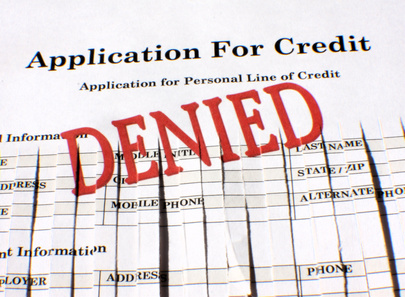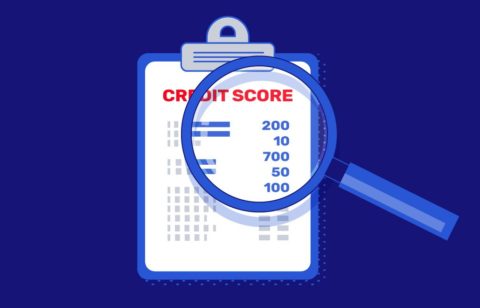You’ve probably seen television commercials and online banner ads that offer free credit reports. Some of these ads have permeated the national consciousness and become fodder for late-night talk-show jokes. Of course, their creators are laughing all the way to the bank: In these uncertain economic times, many companies that offer free credit reports are enjoying rapid revenue growth.
Regardless of your feelings about those ubiquitous advertisements, there are actually plenty of good reasons to obtain a free credit report. As just about any personal finance expert will tell you, it’s essential to have a solid grasp on your credit score. Fortunately, you can find a free credit report at annualcreditreport.com. Alternatively, you can pull a report from one of the country’s three credit reporting bureaus. These are Experian, Equifax and Transunion.
It’s often said that “you can’t manage what you don’t measure.” Fortunately, it’s easy and painless to get a snapshot of your credit rating. Once you have this information, it’s relatively simple to manage your credit score as well.
In the United States, the three credit reporting bureaus have provided curious consumers with pertinent credit-score information for decades. In fact, their measurements form the basis of the country’s system of retail lending. Without a standardized consumer credit score, your bank would have no way of accurately gauging the risk that you present as a prospective borrower.
Although you might not realize it, your credit score has a direct impact on your daily life. Take a moment to think about all of the debt obligations that you’ve accumulated over the years. If you’re like many Americans, these might include a car note, mortgage, several credit cards, student loans, and maybe even a business loan or home equity line of credit.
Each of these obligations has an effect on your credit score. In turn, your credit score has an impact on each of these obligations. This isn’t a yin-and-yang situation. Rather, it’s the foundation of the American financial system.
Although there are dozens of factors that determine your credit score, one of the most important is your objective reliability as a borrower. This is where your borrowing and repayment decisions come into play.
Every on-time check or fund transfer that you send to one of your creditors has a small but undeniably positive effect on your credit score. If you’re able to make the installment payments on your mortgage and car note at timely intervals throughout the year, your credit score will slowly but surely increase. After a year of adhering to an impeccable repayment schedule, your free credit report could show a significant improvement in your consumer credit score.
Likewise, your ability to pay off your credit card issuers on time and in full can have a positive impact on your credit score. Creditworthy borrowers avoid running balances on their credit cards and use cash for most purchases.
Even the payments that you make to your electric company, water utility and cable provider can affect your credit score. While it might not seem like a big deal to let your cable bill’s grace period slip by before making a payment, such a move could have a surprising effect on your credit score.
In fact, the payments that you miss may have a far larger impact on your credit score than the payments that you make. This is because the credit reporting agencies take lenders’ reports of “negative events” very seriously. If you become delinquent on an obligation to your cable company or credit card issuer, the ensuing “negative event” could cause your credit score to drop by 30 points or more.
As you might imagine, not all of these “black marks” are created equal. While a delinquency should never be taken lightly, it’s important to note that defaults on secured loans generally have more dramatic consequences than defaults on unsecured loans. In addition to the pain of losing your home to foreclosure or seeing your car towed away by the “repo man,” your secured-loan default will subject you to a serious credit-score drop.
Such a hit to your credit score could have serious consequences. As a rule, consumers with low credit scores appear risky to lenders. While many banks, mortgage companies and credit card issuers will gladly extend credit to “sub-prime” borrowers, they’ll ask for a hefty premium in return. If your credit score is mediocre or poor, your borrowing costs could quickly become unsustainable.
Your low credit score might have other tangible impacts as well. If you’re looking for a new apartment or job, you’ll almost certainly be required to submit to a credit check. If your prospective landlord or boss doesn’t like what he or she sees on this report, your application might be denied. In other words, it’s important to keep a close handle on your credit score.
Your credit score is a lot like your hair. While you can change its style and improve it with highlights or pins, it takes time to grow back after a haircut. Some credit-score hits are like quick trims. Others resemble full-blown buzz cuts.
If you know the difference between the two, you’ll be able to make smarter decisions with your financial profile. To get started on your journey to financial awareness, take steps to obtain your free credit report today.






